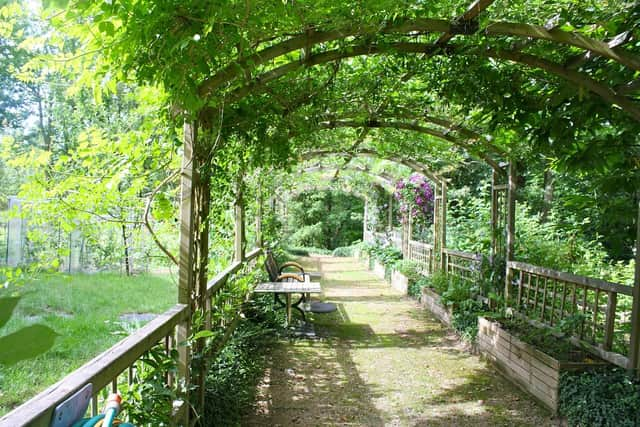Tu BiShvat 2022: Hebrew festival in Derbyshire and how it helps the environment
and live on Freeview channel 276
The Jewish festival of Tu BiShvat, or Tu B’Shevat, will take place on January 16th and end on January 17th in 2022. Tu BiShvat is generally known as a festival of life and nature – it’s commonplace to plant a tree in celebration on this day.
Tu BiShvat is not bound by the traditional Gregorian calendar. Instead, it follows the Hebrew calendar, taking place on the 15th day of Shevat. As such, Tu BiShvat lands on a different day every year – in 2023, it will occur from February 5th to February 6th and in 2024, it will be from January 24th to January 25th.
Advertisement
Hide AdAdvertisement
Hide AdSome may go further than simply planting a single tree – during the early 1900s, the Jewish National Fund began using the day to plant Eucalyptus trees to quell the spread of Malaria. Nowadays, they organise large tree planting events, often in a ceremonial manner. It has also become a day of ecological and environmental awareness, an issue that is becoming more and more prevalent in today’s world.


In recent years, Tu BiShvat has been compared to Arbor Day and is often referred to as “Israeli Arbor Day”. Arbor Day is a worldwide tradition on which trees or other forms of flora are planted, with its origins lying in Spain in 1594.
It has also been viewed as a “Jewish Earth Day” for similar reasons. It’s a day where the world around us and the planet’s natural environment are given most of the focus and attention. In Israel, on Tu BiShvat, it’s estimated that over a million residents of the country take part in the event every year, planting a tree as they go (or multiple trees).
Tu BiShvat, like many Jewish celebrations, comes with an assortment of traditional foods. Usually, dried fruit and nuts (most commonly, almonds) will be consumed on this day. Again, this is done in alignment with the celebration of nature. The eating of nuts and dried fruit on Tu BiShvat is an ancient tradition that can be can be traced back to the Middle Ages.